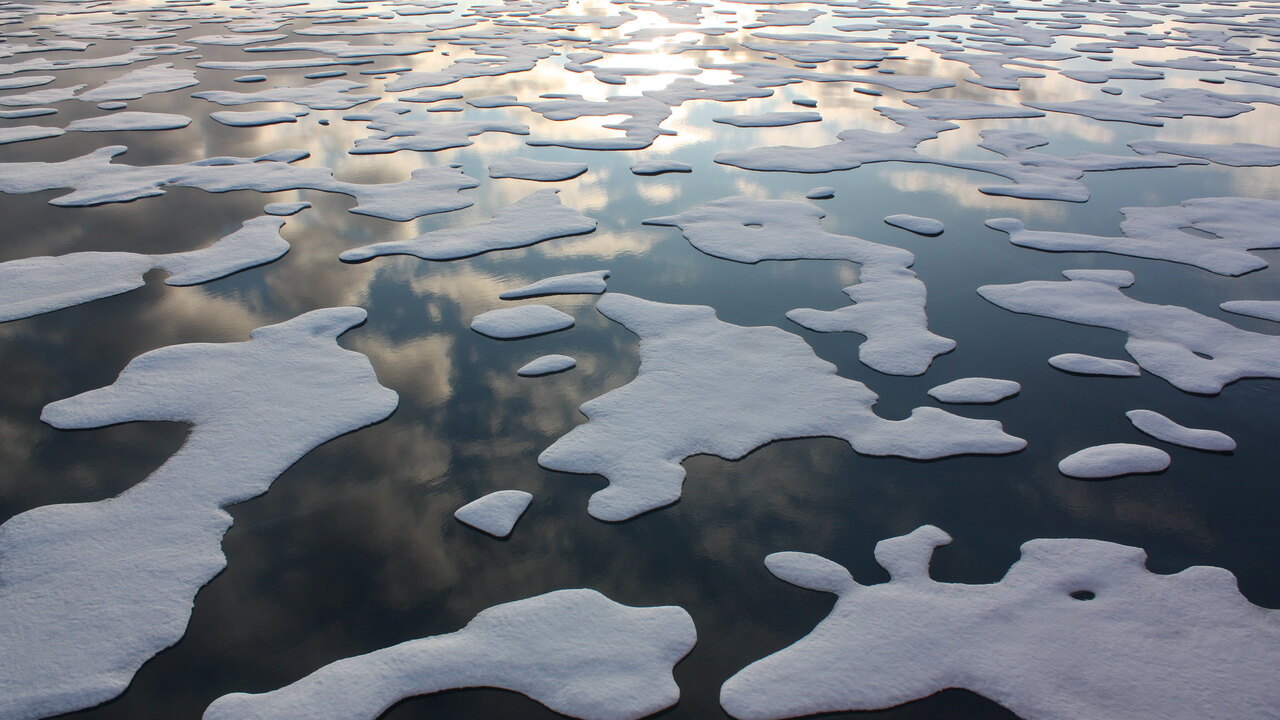Using a mathematical model, researchers from the Ural Federal University found that seawater freezes faster when there is wind or undercurrent at temperatures of 0°C and below. The scientists’ work has been published in The European Physical Journal.
Calculation of the freezing process conditions of seawater showed that this occurs at any temperature suitable for crystallization. Outside noises – wind and low current – “bring” different temperatures.
This causes the formation of ice crystals to accelerate. It turns out to be looser, but the rate of formation is increasing, explains lead researcher Evgenia Makoveeva, one of the lead researchers at the UrFU Multi-Scale Mathematical Modeling Lab.
However, the expert explains that external noise is only one component of a complex process: glaciers will not begin to recover due to increased winds and undercurrents. In addition, for water to freeze, the atmospheric temperature must be below 0 °C.
The scientists emphasize that the data will help predict changes in glaciers in the world’s oceans, which is extremely important in a warming climate.
Source: Ferra
I am a professional journalist and content creator with extensive experience writing for news websites. I currently work as an author at Gadget Onus, where I specialize in covering hot news topics. My written pieces have been published on some of the biggest media outlets around the world, including The Guardian and BBC News.










